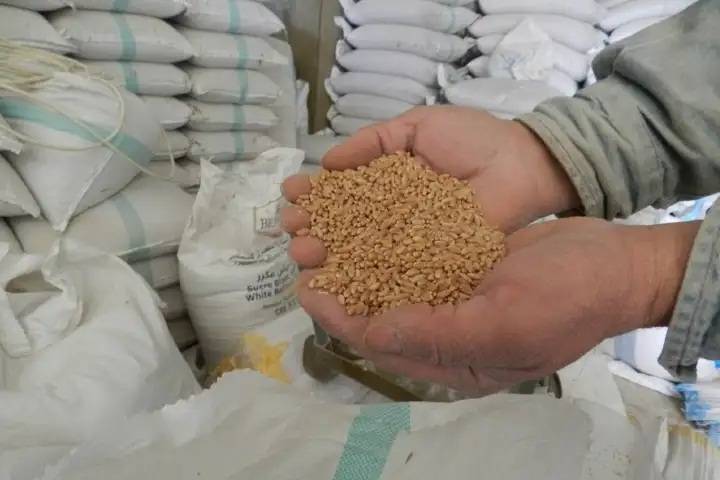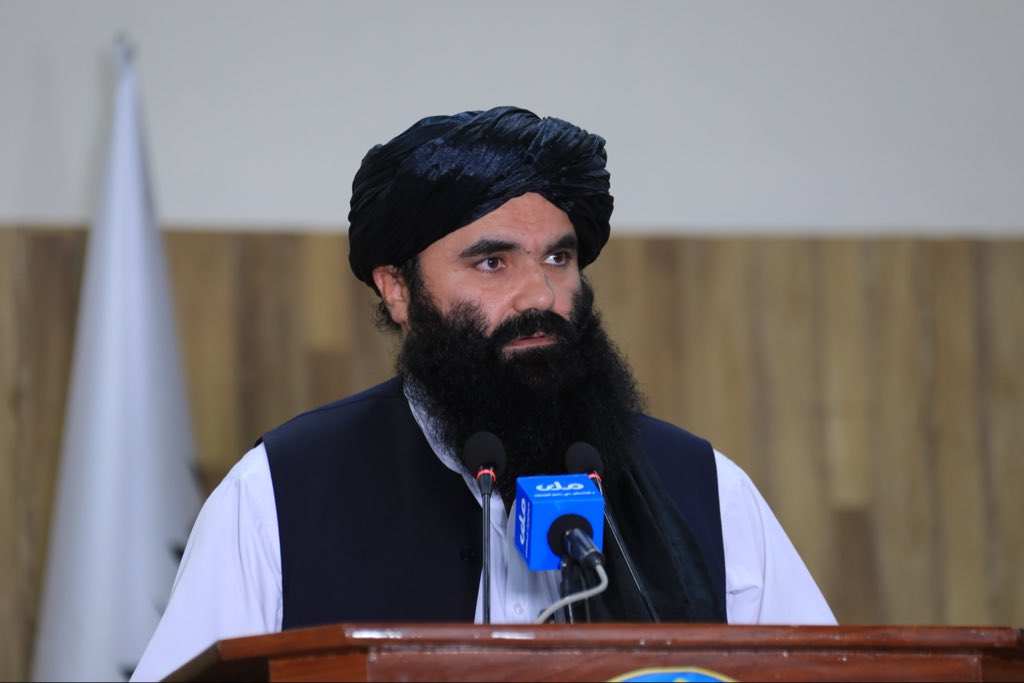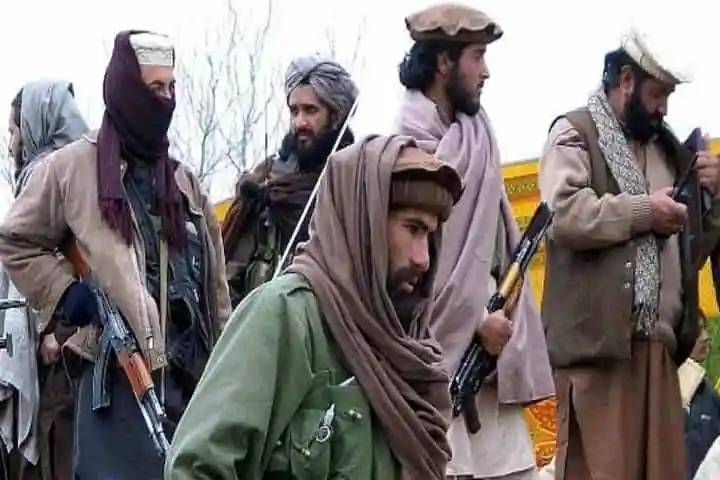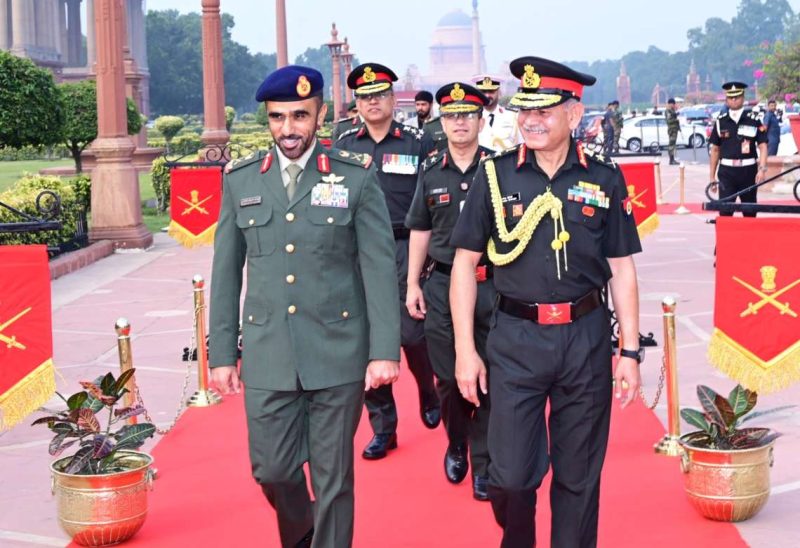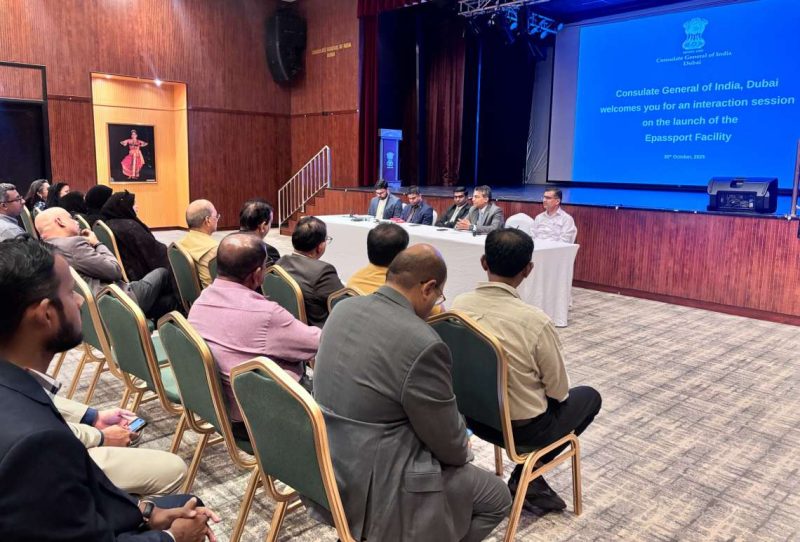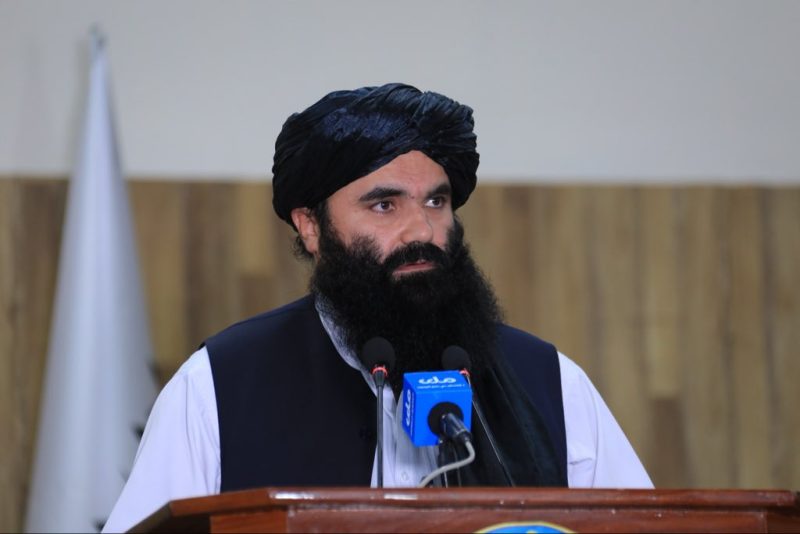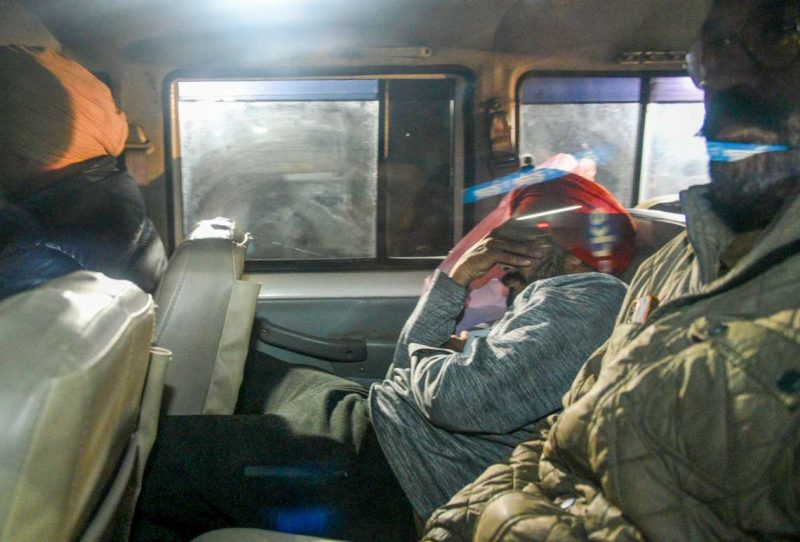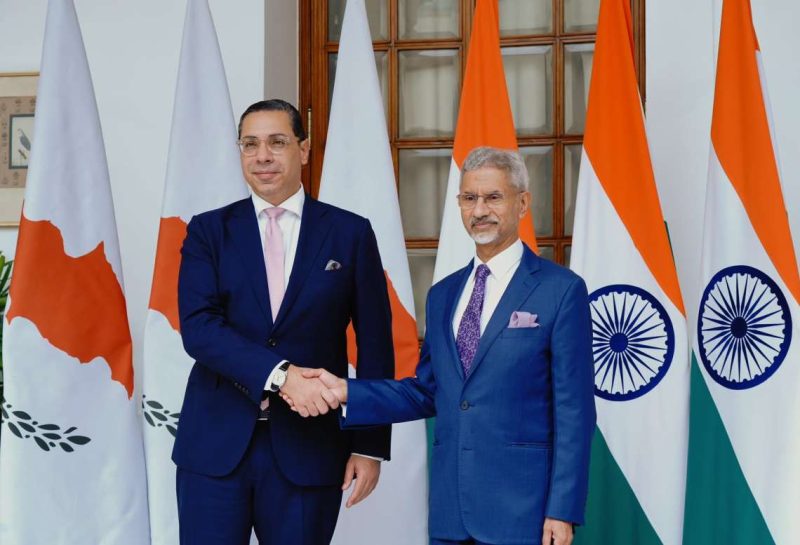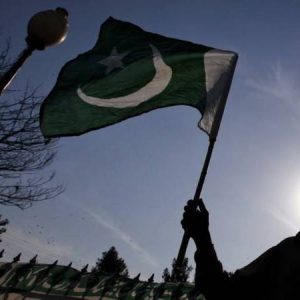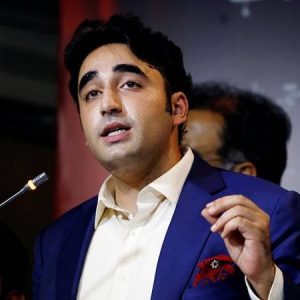Hit by an acute economic crisis driven by falling foreign exchange reserves, Pakistan could look at increasing imports of oil and food items from Russia….writes Mahua Venkatesh
Pakistan’s food import bill has been rising. Amid deepening economic crisis and lurking fear over a global food crisis, the country’s food imports in the current financial year increased by more than 15 per cent compared to the previous year. The intense heat wave that gripped Pakistan along with India has multiplied Islamabad’s problems as several crops have been damaged.
The immediate challenge for the Shehbaz Sharif government will be to contain the food import bill.
According to reports, during the first three quarters of the current financial year – between July and March 2021-22, various food commodities worth about $7.067 billion were imported compared to $6.121 billion in the same period in the previous year. Soybean, palm oil, tea, spices and pulses were among the top items that were imported.
Hit by an acute economic crisis driven by falling foreign exchange reserves, Pakistan could look at increasing imports of oil and food items from Russia.
“Our policy is clear, you know in terms of expanding economic and trade relations, we have an open policy, driven by national interest – wherever we see there is a national benefit we pursue those options and avenues,” Asim Iftikhar, foreign office spokesperson, said at a press briefing.
What is adding to the problem is Islamabad’s suspension of trade with India.
Importing food items from other countries is pushing up costs for Islamabad.
Several business leaders in Pakistan have now underlined the need to resume trade with India to improve the country’s economic situation. “Pakistan should improve trade relations with India and take a regional approach to economic development. Europe fought two great wars, but ultimately settled for peace and regional development. There is no permanent enmity,” business tycoon Mian Muhammad Mansha said in a statement earlier.
Abdul Jalil, Professor of Economics at the Pakistan Institute of Development Economics, too echoed the same sentiment. “The country is in dire need of structural reforms. The sooner we make this switch the better it will be. Otherwise, we will continue our downward trend in the socio-economic sector,” he had said.
(The content is being carried under an arrangement with indianarrative.com)


